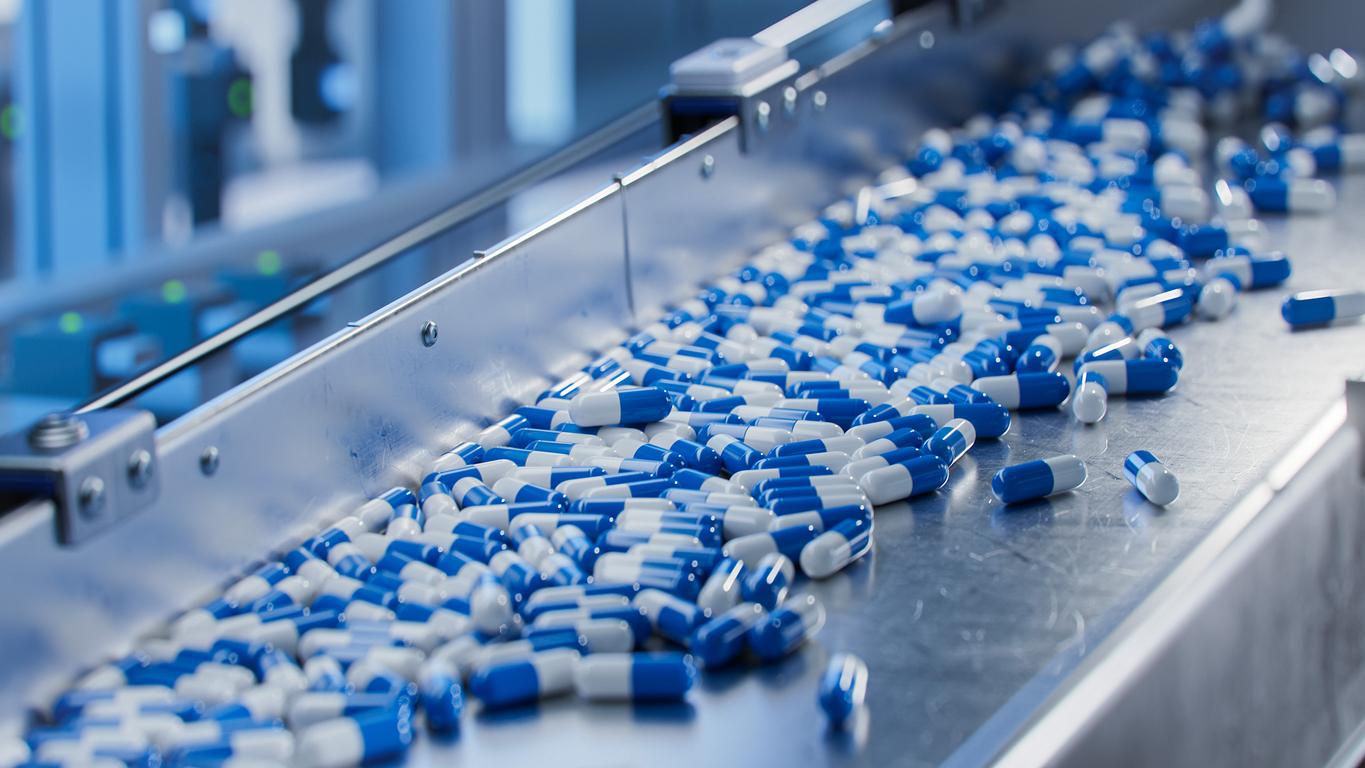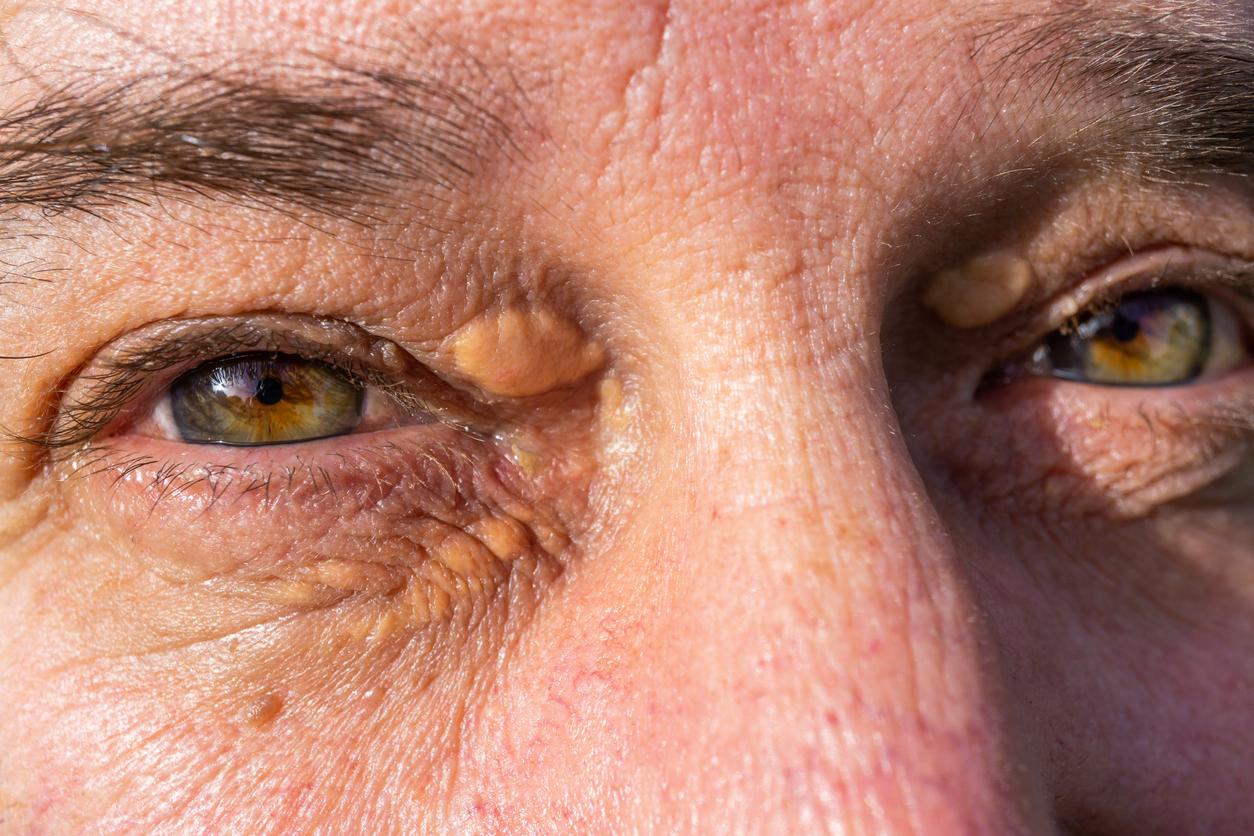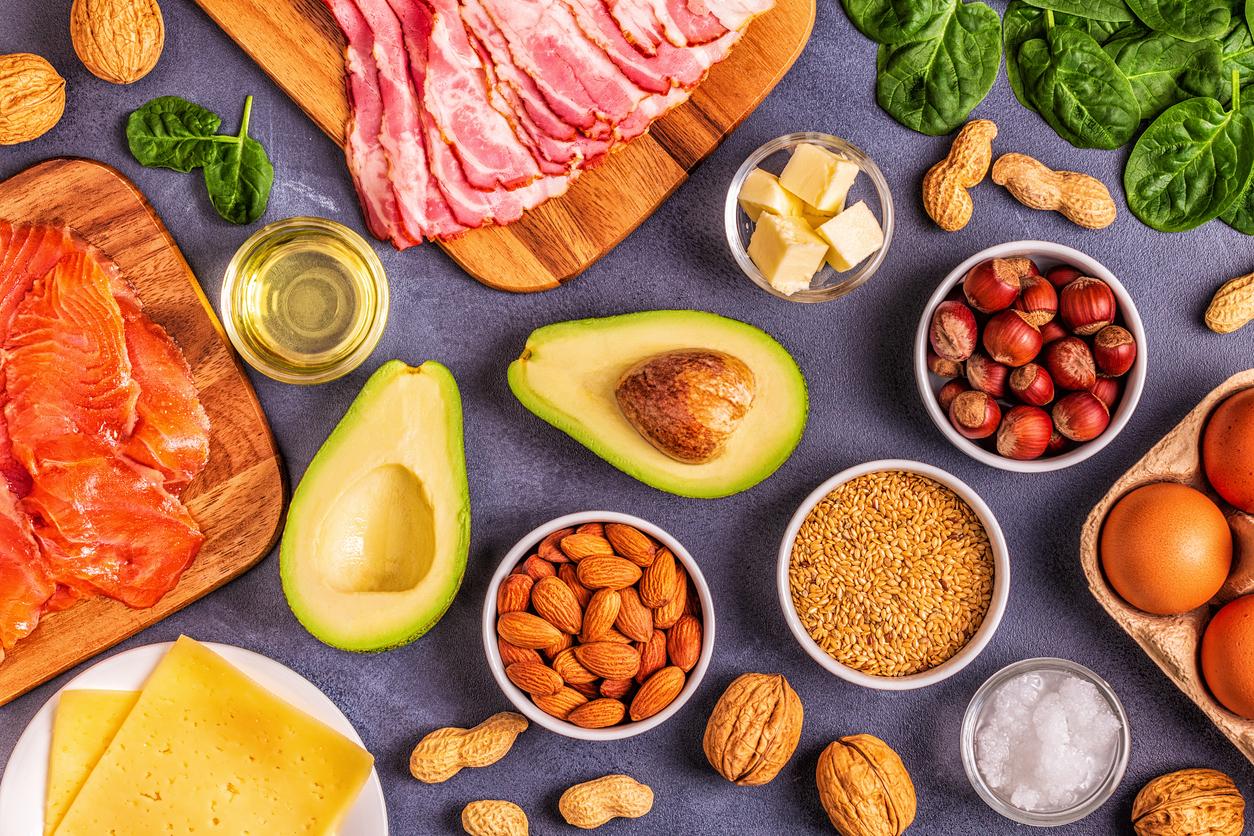For the majority of people who have not had a heart attack or stroke, but whose LDL cholesterol is high, prevention is primarily aimed at delaying the onset of complications of atherosclerosis. For this, the priority is clear: adopt the hygienic-dietetic measures which have proved their effectiveness. There is no shortage of studies attesting to this. The study which followed 20,000 people for 11 years (EPIC study subgroup) showed that in subjects who combined 4 protective factors (no smoking, no sedentary lifestyle, moderate alcohol consumption and a diet of the type Mediterranean), mortality is 4 times lower. In other words: cholesterol does not explain everything. “Cardiovascular diseases are primarily lifestyle diseases and not the consequence of a simple biological anomaly except in the case of familial hypercholesterolemia, which is rare”, specifies Professor Claude Le Feuvre, President of the French Federation. cardiology.
Eat better and be active, it’s efficient
Under this name, always a bit of a spoiler for “hygienic and dietary measures”, cardiologists want to talk about three important elements: improving the way you eat (see box), which will help reduce any excess weight, against a sedentary lifestyle by walking regularly, reduce consumption ofalcohol and tobacco. Indeed, these measures act not only on bad cholesterol but also on thearterial hypertension, type 2 diabetes. Certainly more difficult because you have to stick to it, these measures are at least as effective as taking drugs against cholesterol, hypertension or diabetes and which can be explained! “Tobacco promotes the oxidative reaction of the arterial wall which results in an exaggeration of the local inflammatory response”, explains Professor Tedgui. As for hypertension, it also promotes vascular inflammation and the accumulation of LDL-cholesterol in the arteries, hence the interest of daily physical exercise which helps reduce blood pressure. In thus modifying his way of life, it is possible to reduce your bad cholesterol level by 15% or more without taking medication.
What to change in your diet when you have too much cholesterol?
More than foods rich in cholesterol, egg yolks or brains, it is especially animal fats that you should be wary of. This is where the liver gets the fatty acids that are used to make LDL-Cholesterol. In practice, dietary advice is fairly easy to follow. There is no point in restricting yourself in the absence of overweight: eat your fill, eat 3 meals a day, avoid sugary drinks and do not exceed 2 glasses of wine per day. For the rest, favor foods rich in essential fatty acids (olive oil, rapeseed oil, fatty fish, walnuts, hazelnuts and other almonds, etc.) without excess, prefer ham and lean meats (chicken, skinless turkey) and limit its egg consumption to 2 or 4 per week. By changing your diet and lifestyle, it is possible to reduce your bad cholesterol level by 15% or more without the need for medication.


















